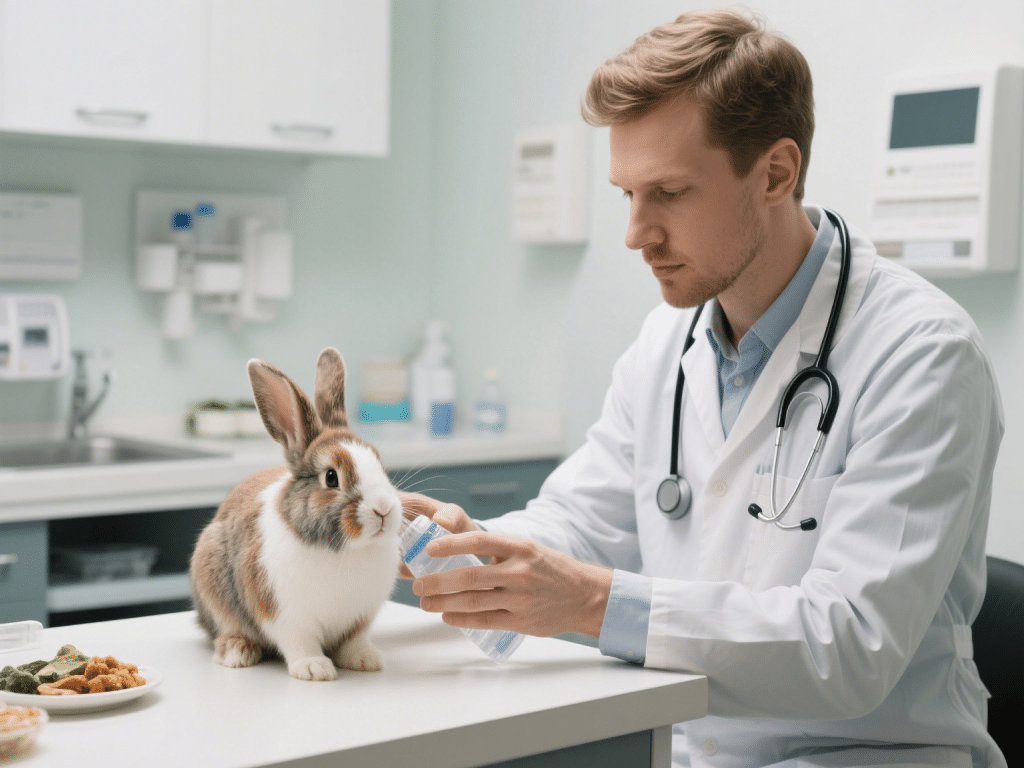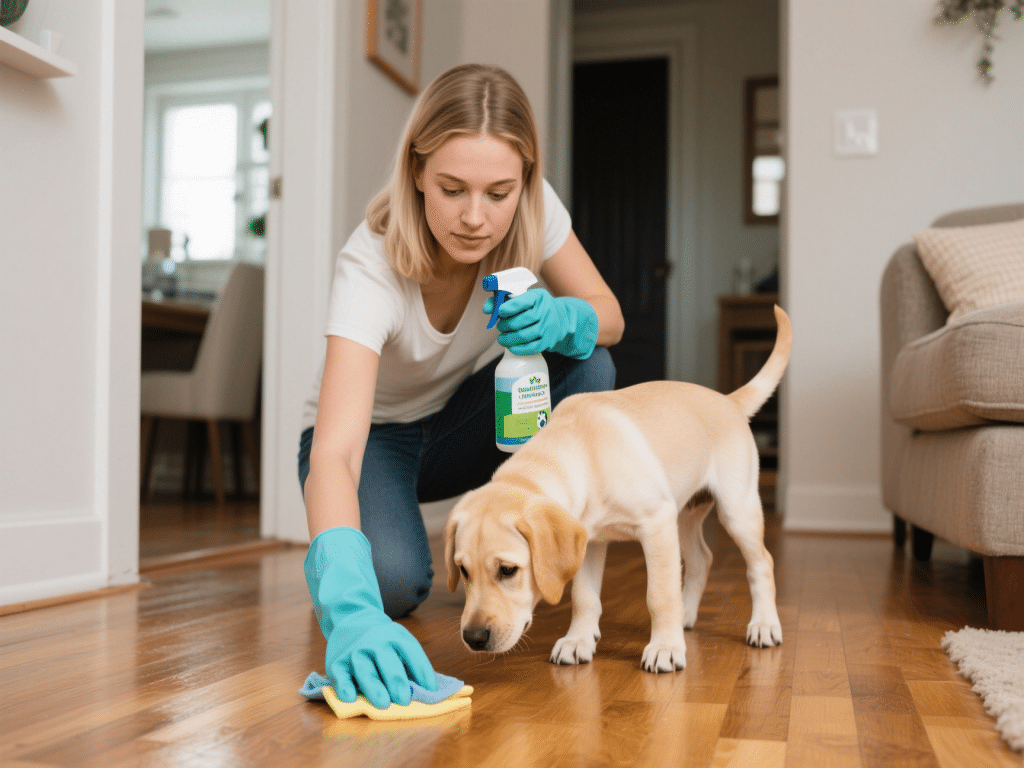RECOMMENDED NEWS

Preventing Urinary Stones in Male Rabbits: Dietary & Husbandry Best Practices
Urinary calculi—bladder stones—are a common issue in male rabbits, causing straining, hematuria,...
Read More →
Managing Anxiety in Rescue Dogs: Proven Strategies for a Calmer Pet
Rescue dogs often carry emotional scars from past trauma, leading to anxiety, fear, and unwanted beh...
Read More →
How to Train Your Dog to Walk Calmly on a Leash
IntroductionWalking on a leash is a fundamental skill for any dog. Without proper training, dogs may...
Read More →
Natural Remedies for Flea Prevention in Dogs
IntroductionFleas cause itching, skin irritation, and can transmit tapeworms. While chemical treatme...
Read More →
How to Handle Pet Accidents on Carpet the Right Way
IntroductionPet accidents on carpet can be frustrating for any owner. Left untreated, stains and lin...
Read More →
The Safest Cleaning Products to Use Around Pets
IntroductionCommon household cleaners contain chemicals that can irritate your pet’s skin, respira...
Read More →
Homemade Dental Chews for Dogs: Recipes and Benefits
Dental health is often overlooked in dogs, yet it plays a vital role in their overall well-being. Wh...
Read More →
How to Detect and Treat Ear Infections in Dogs Early
IntroductionEar infections (otitis externa) are common in dogs, especially those with floppy or hair...
Read More →
Training Your Dog to Be Calm During Vet Visits
IntroductionMany dogs experience anxiety and fear when visiting the veterinarian. Stressful vet visi...
Read More →
Comments on "Veterinarian Tips: Deworming Pregnant Dogs Safely" :